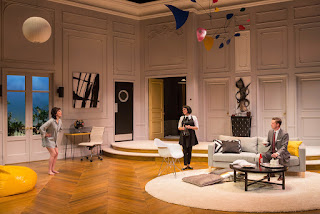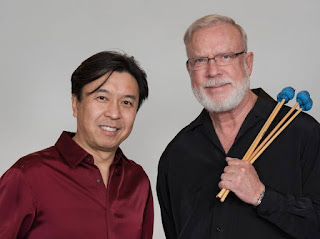A stretch for Ensemble Music Society: Arditti Quartet plays works from the past three decades

The Big Bang Theory applied to the string quartet would probably identify the triggering event as the works of Joseph Haydn. Without pressing the analogy too hard, the music offered Wednesday evening by the Arditti Quartet and Eliot Fisk represented the genre's development from that mid-18th-century point, through galaxies too various to describe briefly, to the phenomenon of musical supernovas. The Arditti Quartet specializes in new music. Just as accumulated gravity too massive for a star to contain results in its explosion, so did the exploratory reach of the string quartet genre bring its tightly organized discoveries to the point of violent expansion in the modern era. What may have appeared to some Ensemble Music Society patrons as anti-musical about much of the program can be credibly understood and valued as confirmation that the musical universe is ever-expanding. It's self-limiting for a listener to describe the works of Philippe Manoury, Gyorgy Kurtag, Hilda











